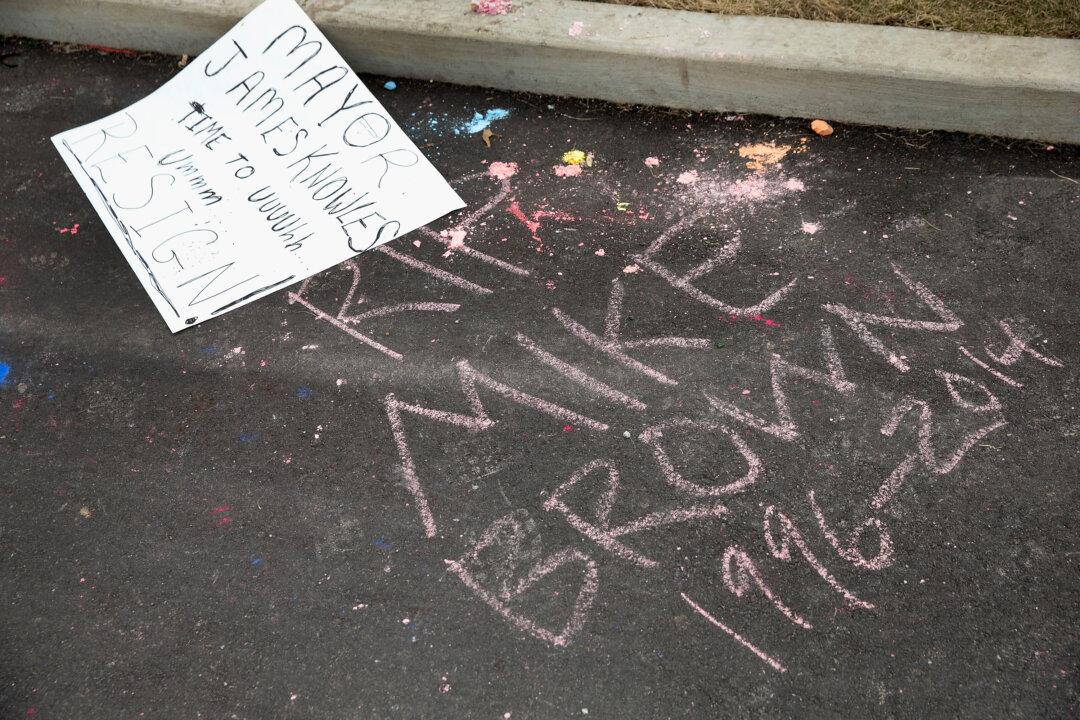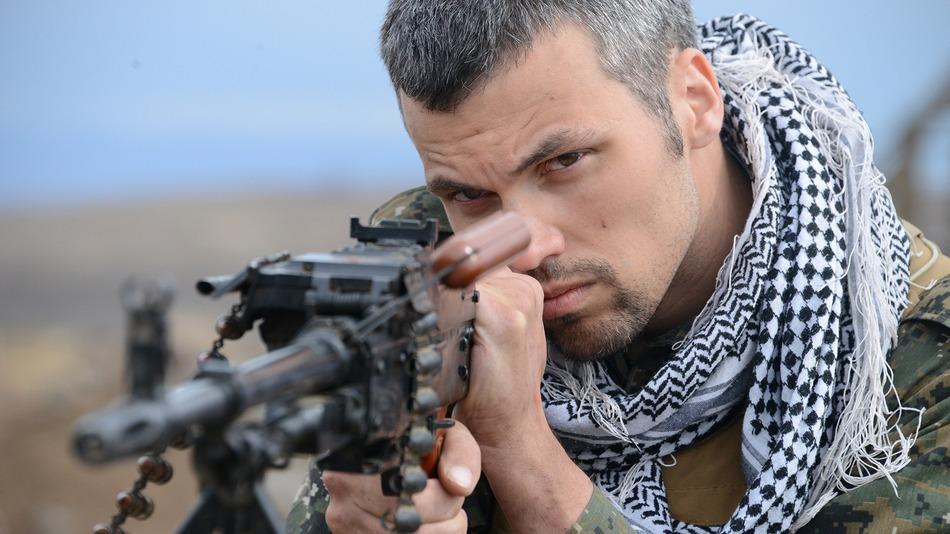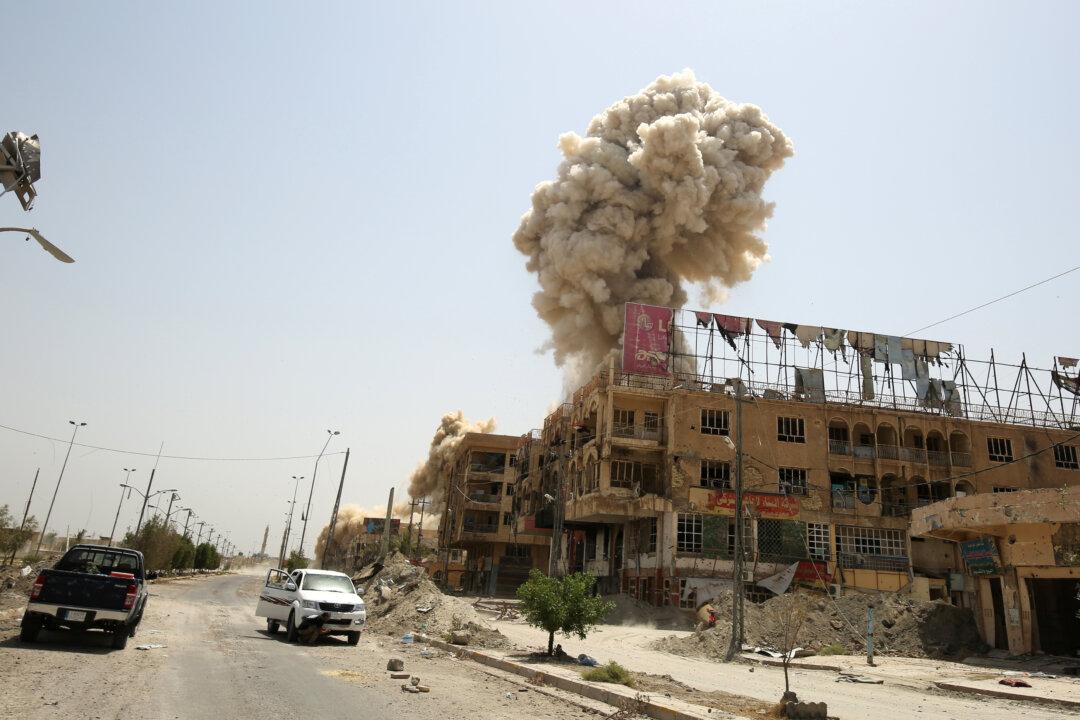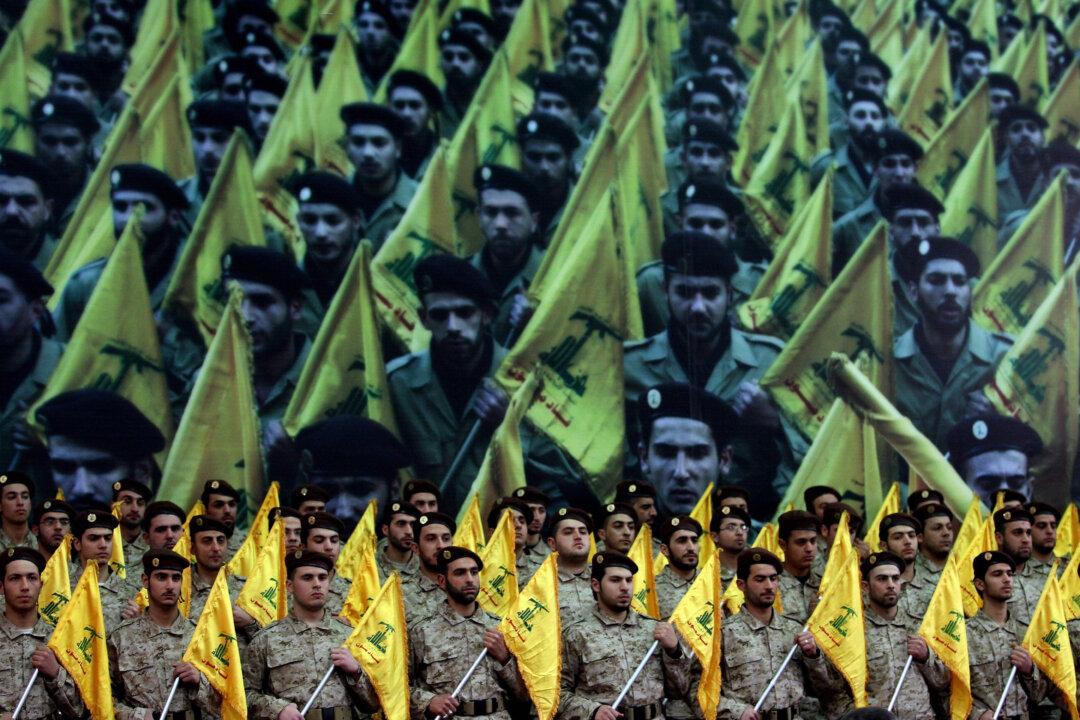Protesters in Ferguson, Mo., swiftly condemned the shooting that seriously wounded two police officers just after midnight on Wednesday. Shots rang out just as a long night of protesting in front of the Ferguson Police Department was winding down.
“I do not condone the killing of police officers,” tweeted Deray McKesson, one of the highest profile community organizers in Ferguson and a prolific user of social media. His Twitter feed shows that he was at the scene immediately before and after the shooting.
I do not condone the killing of police officers. I do not condone the killing of the unarmed. I do not condone killing.
— deray mckesson (@deray) March 12, 2015
McKesson and others at the scene said via Twitter that they heard the shots come from behind them, not from within the crowd.
“You know how I know that for a fact?” tweeted local activist Charles Wade, who is also well known in the area and was at the scene at the time of the shooting. “I’ve spent 7 months around these protesters. Most are against violence PERIOD.”
A video clip from a livestream of the shooting shows police and protesters on opposite sides of one of Ferguson’s main roads as several shots rang out.
Protesters in the video and those who were live tweeting at the time seemed as frightened and shocked as police, who drew their weapons. A man’s voice can be heard yelling, “It’s on the hill! It’s on the hill.”
Numerous eyewitnesses also said the shots came from behind the protesters, who were gathered along the sidewalk with a store parking lot and a small hill behind them. The Ferguson Police Department parking lot was the backdrop for where the injured officers were standing.




